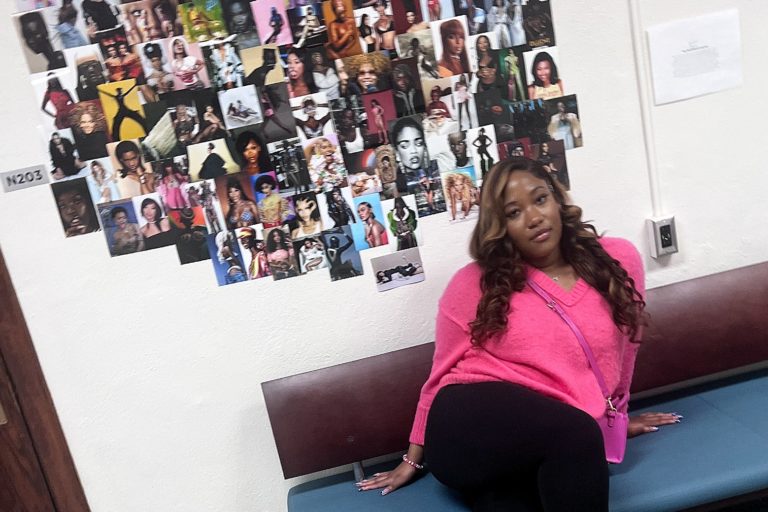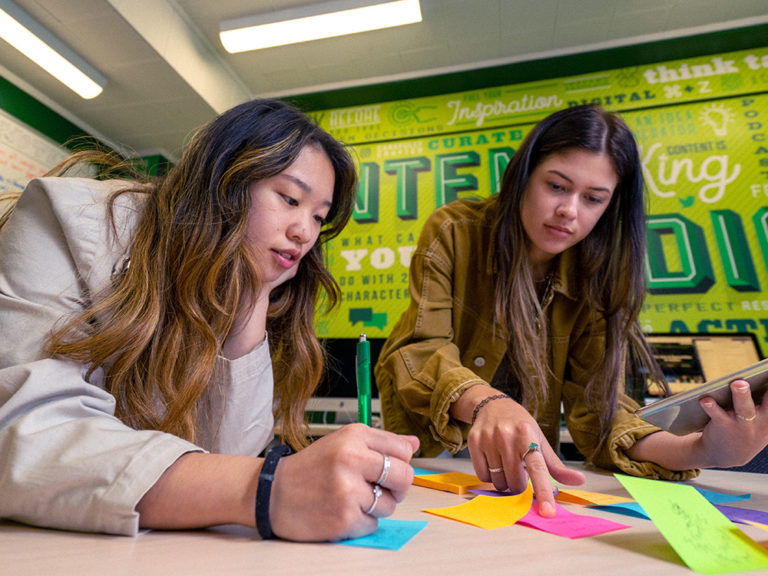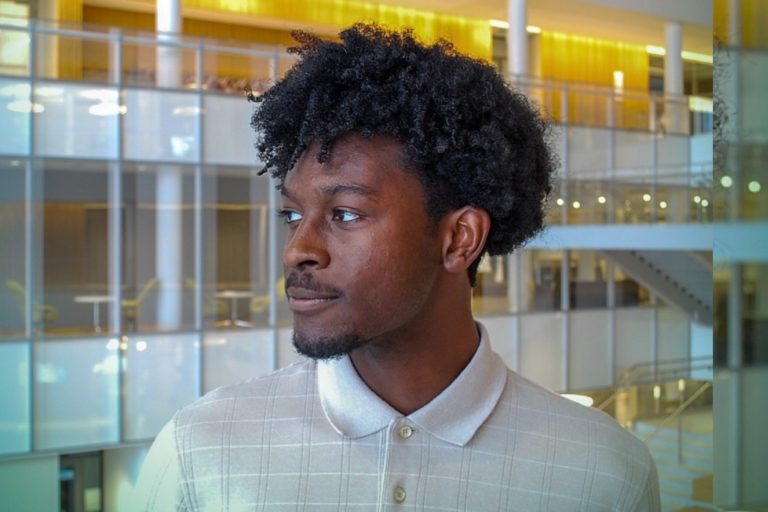Spirituality is declining in the United States if you focus on religious affiliation, but that isn’t the whole story according to Morgan Shipley, Associate Professor of Religious Studies at Michigan State University. A recent Pew Research Center survey reports that 28% of U.S. adults say they are religiously unaffiliated. By digging a little deeper, Shipley finds the religiously unaffiliated, sometimes called the “nones,” are a diverse group of people often with a broader perspective of spirituality.
As the MSU Foglio Endowed Chair of Spirituality, Shipley is exploring the changes in spirituality, belonging, and religious identity through his research and as a follow up to his book “Psychedelic Mysticism: Transforming Consciousness, Religious Experiences and Voluntary Peasants in Postwar America.” Below Shipley explores the ways spirituality and identity are expanding and becoming more inclusive.
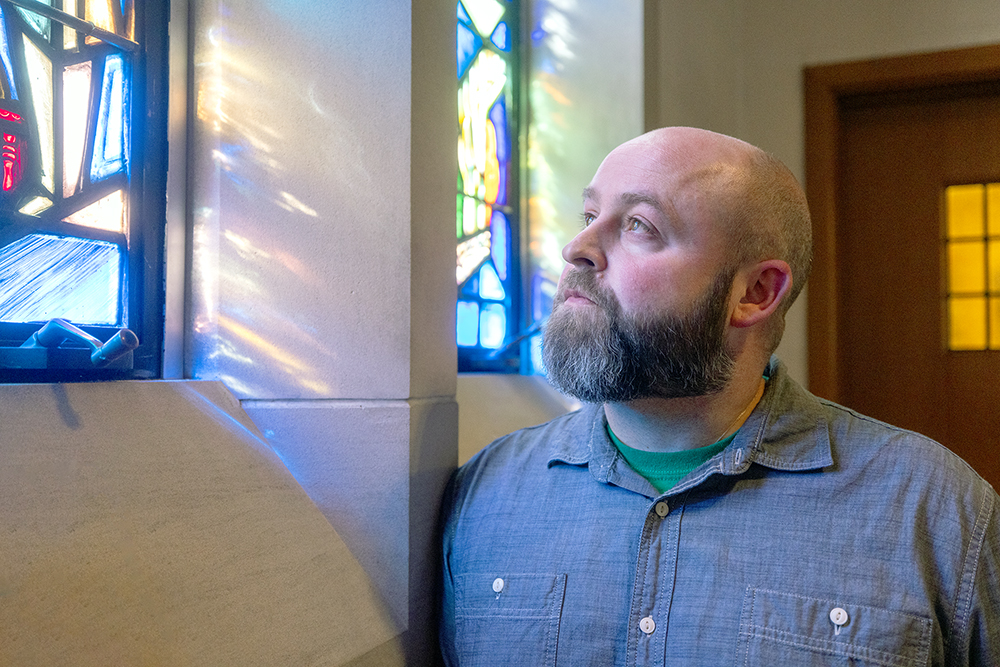
What does spirituality mean more broadly and how is that changing?
Many people associate spirituality as connected to religion. However, the more I talk to people, the more I hear about efforts to cultivate spirituality specifically outside of organized religion. Increasingly, spirituality addresses how people enhance their well-being so they can also respond to the well-being of others. Spirituality, more than being about one’s self, also expresses this pursuit of responsible engagement.
Instead of talking about what spirituality is, I try exploring what spirituality does. Spirituality represents an aspirational approach to living, a way to orient ourselves in the world and discover answers to the most pressing questions of existence. It’s an approach to living actively with others through what I call reciprocal compassion. I define spirituality in a secular way as this holistic commitment to being a full human, which means finding our purpose and meaning, reinforcing our connectedness to others, and seeking out a more just and equitable world.
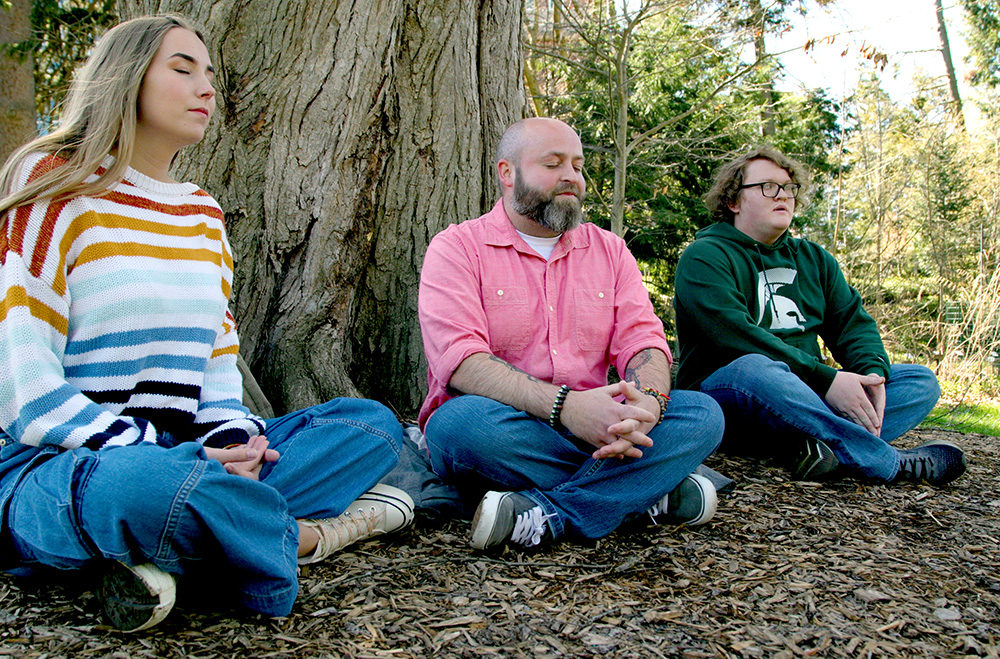
How do you teach students about spirituality in today’s often divisive culture?
My classes are designed for students to learn about the essential historical need to center humane living and what happens when we don’t. I take my students through investigations of spirituality and social justice movements in the hope they come to see the effects of living intentionally and benevolently. More than teaching about spirituality, I also invite them into moments of self-reflection and collective activities that cultivate the values of compassion, empathy, and altruism in their everyday lives.
I’m trying to center the experience of our students by creating opportunities for them to grow as more complete human beings. It’s not just the skills, but how you navigate people, how you navigate difference, and how you seek out inclusivity.
I end each class saying: ‘Be beautiful human beings. Act always with compassion. And I can’t wait to see you at our next class.’ What I mean by that is for them to be their full self, embrace that as their truth, and be willing to do that for others.
Several recent surveys have seen a decrease in religious affiliation. Are you also seeing these trends in your work?
Answering ‘none’ on a survey about religious affiliation doesn’t mean people have given up on spirituality or even lack belief of some type. The term ‘nones’ is often used in a provocative way when talking about a religious decline in the U.S., but people answer ‘none’ for different reasons.
Some people say ‘none’ because of the way they’ve been socialized to think about religion. To answer ‘none’ on a survey only tells us that some respondents do not see themselves as following a religious system or expressing traditional belief. It tells us nothing, however, about how they engage with spirituality. Many ‘nones’ simply think about spirituality in a very different way, that it’s no longer about religious belief or belonging to a church or synagogue or mosque, but actually just a broader sense of belonging and meaning-making.
I’m excited to see where the research takes us, but it’s also important for us to try to nuance the way these studies frame questions about religion and spirituality. What can we learn about the spectrum of how people might be defining what we would call belief or the various practices they call spiritual? Maybe we’re just redefining what we mean by religion, religious membership, and spirituality. These redefinitions lead us to more inclusive ways of engaging with and understanding other people.
What role could technology and artificial intelligence have in people’s religious and spiritual practices?
As traditional religious membership wanes, various things emerge to fill gaps, specifically when it comes to values and community. One of these new tools will be a greater emphasis on technology, specifically AI. This has the potential to be profoundly beautiful in some ways, and it could go very wrong.
I’m interested in the role AI will play in spirituality and religion in America. Not in replacing religion or spirituality, although I think it could for some, but in using a tool like ChatGPT to develop spiritual practices outside the context of religion.
How might AI and technology increase access to these types of conversations and leverage that learning in a really active and effective way? More than replacing it, I think technology could become the way many people ultimately cultivate their spirituality.
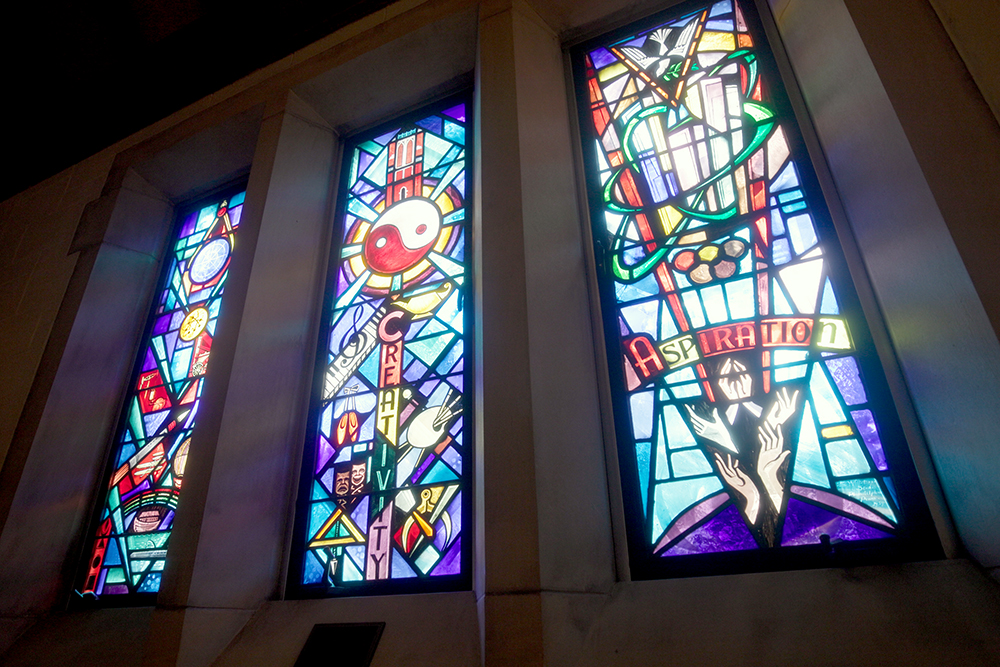
What will the religious landscape in America look like in the next 10 years?
There is a small subset of groups that are using religion to double down on exclusivity, and we see that specifically in American politics. I think that gets too much attention and tells us more about our political, cultural moment than religion unto itself. I see my kind of work and research over the next 10 years becoming increasingly more public to help change that narrative.
While people are moving away from traditional affiliation, I’m finding they’re not losing sight of the profound role that religion plays in philanthropy, charity, and justice work. That’s why people are using the term spirituality more as they see this as really being about the entwining of individual and collective well-being.
Spirituality is about cultivating an openness to be aware and accepting of others. We need to be more inclusive to be equitable. The space and direction that religion and spirituality are going may not only be more inclusive, but it may also be directed toward a greater enhancement of empathy and altruism.
Media Contacts: Beth Bonsall, Alex Tekip
